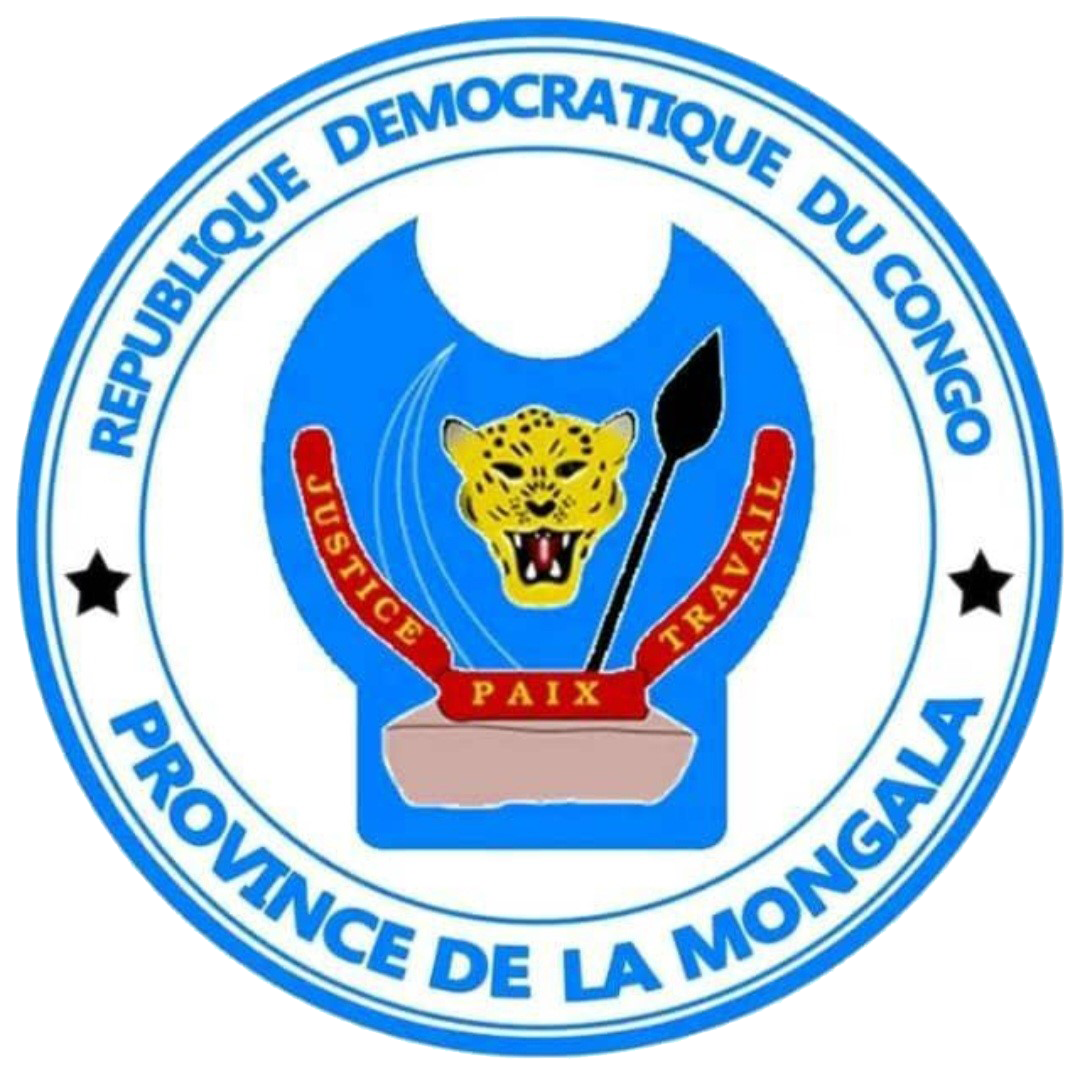
Welcome to Mongala – where nature breathes, culture thrives.

Mongala Province is committed to sustainable development that balances economic growth, environmental protection, and social well-being. With its rich natural resources, fertile lands, and diverse ecosystems, the province is implementing initiatives that promote eco-friendly industries, renewable energy, and sustainable livelihoods. These initiatives align with global sustainable development goals (SDGs) and the national agenda for long-term progress.
📍 Where: Rural & urban areas, off-grid communities, industrial zones
🔹 Best for: Energy providers, investors, and sustainability advocates
Many areas in Mongala lack access to reliable electricity. The government, in partnership with private investors and NGOs, is installing solar mini-grids and promoting solar home systems in remote villages.
✔ Key Projects:
Solar-powered water pumps for irrigation and drinking water
Off-grid solar stations for rural electrification
Renewable energy training programs to build local expertise
Given its proximity to the Congo River and its tributaries, Mongala has untapped hydropower potential. Small-scale hydropower projects are being developed to generate electricity for local industries and communities.
✔ Hydropower Benefits:
Reliable energy source for local industries
Reduces dependence on diesel generators
Supports sustainable urbanization
📍 Where: Farming regions, agro-industrial zones, local markets
🔹 Best for: Farmers, agribusinesses, and NGOs
Agriculture is the backbone of Mongala’s economy, but traditional farming methods have led to soil degradation and deforestation. The province is introducing climate-smart agricultural practices to boost crop yields while preserving the environment.
✔ Agroforestry: Growing trees alongside crops to improve soil fertility
✔ Organic farming: Reducing reliance on chemical pesticides & fertilizers
✔ Water conservation techniques: Efficient irrigation to prevent water waste
✔ Crop diversification: Growing multiple crops to reduce risks & improve nutrition
Training programs to educate farmers on sustainable techniques
Subsidized access to eco-friendly farming tools & organic fertilizers
Support for local cooperatives to improve market access for farmers
Introduction of drought-resistant crops to adapt to climate change
📍 Where: Protected forests, logging sites, community lands
🔹 Best for: Environmentalists, NGOs, and forestry experts
Mongala is part of the Congo Basin Rainforest, the second-largest rainforest in the world. However, illegal logging, agricultural expansion, and urbanization have led to deforestation and loss of biodiversity.
✔ Community-led reforestation: Local communities are given incentives to plant and protect trees.
✔ Sustainable logging regulations: Enforcing eco-friendly logging practices.
✔ Wildlife corridors: Establishing safe passage for animals between habitats.
✔ Forest carbon credit programs: Partnering with international initiatives to offset carbon emissions.
🌿 Impact of Reforestation Efforts:
✅ Restores degraded lands
✅ Provides sustainable timber for local communities
✅ Protects endangered wildlife
✅ Enhances carbon sequestration
📍 Where: Urban centers, villages, industrial zones
🔹 Best for: Public health officials, engineers, and environmental groups
Access to clean drinking water and proper sanitation remains a challenge in some parts of Mongala. To improve public health and reduce waterborne diseases, the government is investing in clean water projects and waste management systems.
✔ Borehole drilling projects for clean drinking water in villages
✔ Rainwater harvesting to support farming & household use
✔ Wastewater treatment plants to prevent river pollution
✔ Public sanitation awareness campaigns to promote hygiene
💧 Why This Matters?
✅ Reduces waterborne diseases
✅ Provides clean water for agriculture & daily use
✅ Protects rivers & wetlands from pollution
📍 Where: National parks, cultural sites, adventure tourism areas
🔹 Best for: Tour operators, conservationists, and local businesses
Mongala’s rich wildlife, forests, and cultural heritage make it a prime location for eco-tourism. Sustainable tourism projects are helping communities generate income while preserving the environment.
✔ Community-led wildlife safaris that benefit local populations
✔ Sustainable lodging & eco-lodges that use solar energy & rainwater harvesting
✔ Cultural tourism programs that support indigenous crafts & traditions
✔ Wildlife conservation funding from responsible tourism
🏕 Benefits of Eco-Tourism:
✅ Creates jobs & supports local economies
✅ Funds conservation & wildlife protection
✅ Encourages visitors to respect nature
📍 Where: Cities & developing towns
🔹 Best for: Urban planners, real estate developers, and policymakers
As Mongala’s cities grow, sustainable urban development is a priority to ensure livable, eco-friendly environments. The province is adopting green building designs, efficient waste management, and improved public transport.
✔ Energy-efficient buildings using eco-friendly materials
✔ Tree-planting & green spaces in urban areas
✔ Smart waste management & recycling programs
✔ Public transport projects to reduce traffic congestion & pollution
🌍 Why It’s Important?
✅ Reduces pollution & improves air quality
✅ Encourages sustainable business investments
✅ Enhances residents’ quality of life
Mongala Province is taking bold steps toward sustainable development by investing in renewable energy, eco-friendly agriculture, conservation, and green infrastructure. These initiatives not only protect the environment but also create economic opportunities and improve livelihoods for local communities.




© 2022 All right reserved & Powered By Excel Geomatics Pvt.Ltd